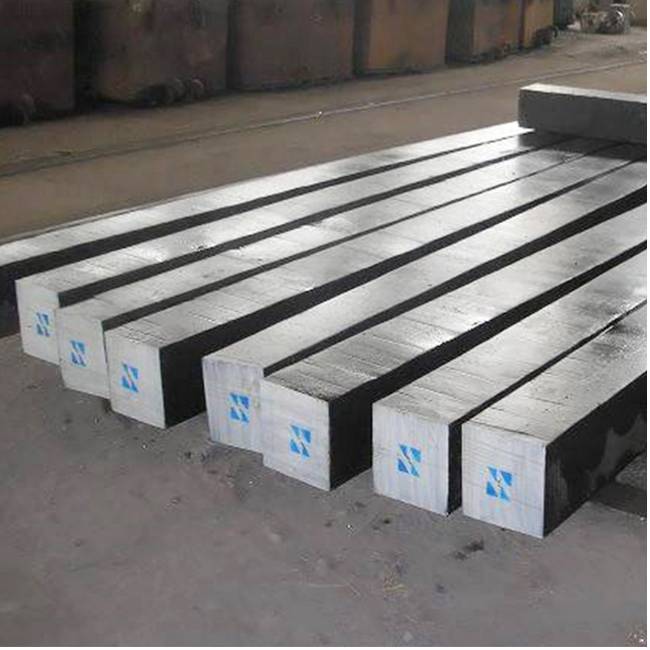Tel.: +86 714 3703 589 E-mail: [email protected]
Following the progress of the demand for plastic products and the expansion of the application field, plastic moulds put forward higher and higher requirements, promoting the continuous development of plastic moulds, together with the rapid development of plastic mould steel, the primary performance in the development of plastic mould steel to speed up, the rapid increase in varieties, but the current plastic mould material is still mainly steel. According to statistics, China's plastic mold steel has accounted for more than half of all mold steel. Reasonable selection of plastic mould steel and heat treatment process to ensure the quality of plastic mould, improve the use of plastic mould life and reduce production costs has an important role.
① Ensure moderate hardness and outstanding toughness.
② Ensure small quenching deformation.
③ Moulds in heat treatment, should pay special attention to the cavity appearance protection, to avoid its occurrence of various heat treatment defects.
④ Thermosetting plastic moulds work under heat and pressure conditions for a long time, and the heat treatment should have a high resistance to sinking.
① high hardness and wear resistance; ② certain heat and corrosion resistance; ③ outstanding scale stability; ④ outstanding thermal conductivity.
① outstanding cutting processability; ② outstanding cold pressing formability; ③ heat treatment processability; ④ welding function

Plastic moulds can be divided into thermosetting moulds and thermoplastic moulds according to different curing. Thermosetting molding plastic mold, such as pressure molding mold, work when the plastic is solid powder or prefabricated blanks, participate in the cavity and in a certain temperature by hot pressing molding. Thermoplastic moulds, such as injection moulds and kneading moulds, work with plastic in a viscous flow state through injection, kneading and other methods into the cavity and processing molding.
(1) wear and tear failure; (2) plastic deformation failure; (3) fracture failure
Plastic mould production costs, processing and polishing accounted for 70% to 80%, so in the selection of mould materials, should ensure that the mould performance requirements at the same time, as far as possible to improve its processing process performance. The selection method can be carried out in the following way.
(1) according to the type of plastic products and quality requirements selected.
(2) according to the production batch of plastic parts selection. In other influencing factors to determine, the smaller the production batch, the lower the requirements for wear resistance and service life of the mould. Therefore, you can choose the material with low performance index. Small batch, you can choose the tempering type sintered steel or carbon steel. Medium batch (30 ~ 1 million pieces), you can choose P20, 5NiSCa, SM2, etc., large batch, 5NiSCa, PMS, etc.
(3) according to the size and precision requirements of plastic parts selection. For large high-precision injection moulds, when the plastic parts are produced in large quantities, pre-hardened steel is used to prevent heat treatment deformation.
(4) According to the complexity of the plastic parts selected. Should give full consideration to the processability of the mould, try to use easy cutting, heat treatment deformation is small, good wear resistance of the material.